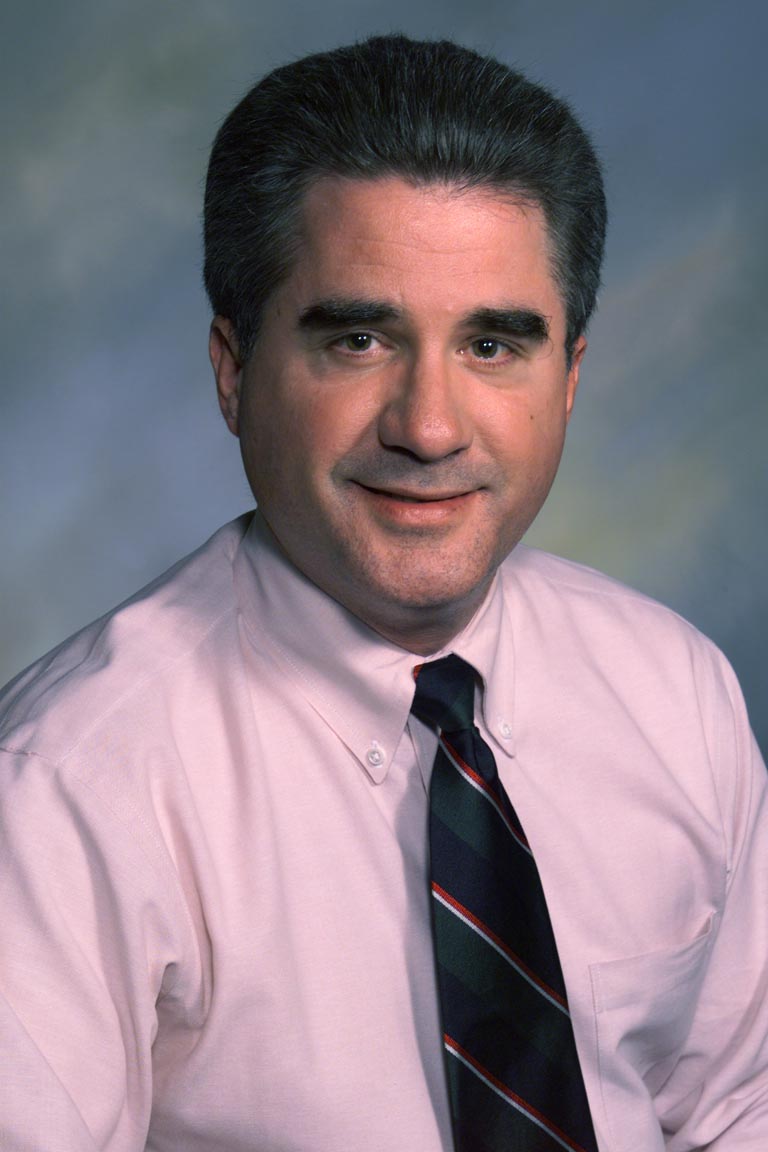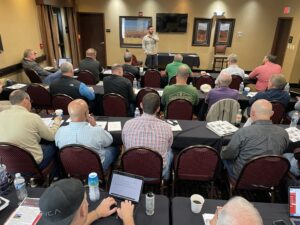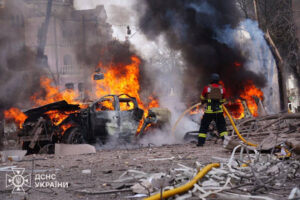
RICHMOND, Va. (BP)–As a child, “Salaam” loved to visit his grandfather, a devout and respected Muslim sheik, in the great man’s study.
They would talk of matters large and small, of God’s mercy and the things of this world. After his grandfather died, Salaam often returned to the silent study to feel close to his beloved elder. He perused the shelves, looking for the most well-worn books in order to seek out some of his grandfather’s wisdom.
One day he found a volume his grandfather obviously had read and studied for many years. It was the New Testament. As he turned the pages, Salaam encountered the loving God his grandfather had earnestly sought for a lifetime.
As a young man, Salaam met some local followers of Jesus Christ and discussed what he had learned from the New Testament with them. He soon committed his own life to Jesus –- despite the fact that he lives in a place where persecution for Muslim converts is guaranteed.
“We had the privilege of hearing him verbalize what had been going on in his heart since he was a little boy,” said a Christian who knows Salaam. “We saw him claim that truth for himself. Nothing we said or did meant anything, except as a channel for God’s work. God was working before we got there.”
Quiet decisions such as Salaam’s are being made around the world by Muslim-background believers in Jesus. But they’re easy to miss amid all the sound and fury about the supposed “clash of civilizations” pitting East against West.
A recent example: Muslims reacted with rage and violence after Pope Benedict XVI, during a September lecture at a German university, quoted the remarks of a 14th-century Byzantine emperor. The emperor had claimed the Prophet Muhammad brought “things only evil and inhuman, such as his command to spread by the sword the faith he preached.”
The pope repeatedly apologized for the “unfortunate misunderstanding” caused by his use of the quotation, which he insisted did not represent his own views. The larger theme of his address was a call for reason and dialogue, an end to persecution of Christians in Muslim countries and a ban on forced conversions by any religion.
Benedict has made no secret, however, of his concern about the challenge of Islam in Europe, Roman Catholicism’s traditional heartland. The pope — and some European political leaders — see the sheer number of unassimilated Muslim immigrants flooding the continent as a threat to the Christian roots of Western civilization.
To the east, some of the pope’s Muslim counterparts view the onslaught of Western ideas with similar alarm. In India, meanwhile, increasingly militant Hindu leaders see Western influence –- and the growth of Christianity and Islam on the subcontinent –- as threats to their age-old culture.
“The chief driver of events right now is not only globalization –- the integration of economies and peoples,” observes David Brooks of the New York Times. “It’s also the contest among cultures over the power of consecration — the power to define right and wrong.”
Many people believe a titanic new struggle has begun between East and West. Some see it as a political-military confrontation between freedom and totalitarianism. Others see a battle between dying (or resurgent) medieval superstitions and modernity.
Some leaders within the major Islamic, Christian and Hindu traditions –- including the pope –- worry that materialism and competing religions are overwhelming their long-held geographical bastions. To vastly oversimplify, “Christendom” generally dominated Europe and the West for centuries. Islam ruled Central Asia, the Middle East and large parts of Africa. Hinduism, Buddhism and related faiths permeated much of the rest of Asia.
But religious “spheres of influence” no longer exist. Practicing Muslims outnumber practicing Christians in many parts of Western Europe (although numerous Muslim and Hindu immigrants and refugees are coming to faith in Christ as they leave their homelands and establish themselves in Europe). The number of secularists and pagans in Europe surpassed the number of worshippers in the region’s Catholic and state-sponsored Protestant churches long ago.
The spread of Christian faith beyond its historical centers, however, is much more dramatic. Christianity’s main growth has been moving away from Europe and North America for decades. Historian Philip Jenkins described the shift in his groundbreaking 2002 book, “The Next Christendom: The Coming of Global Christianity” (Oxford University Press).
The world has arrived “at a moment as epochal as the Reformation itself,” Jenkins wrote. “Christianity as a whole is both growing and mutating in ways that observers in the West tend not to see…. (N)ews reports today are filled with material about the influence of a resurgent and sometimes angry Islam. But in its variety and vitality, in its global reach, in its association with the world’s fastest-growing societies, in its shifting centers of gravity … it is Christianity that will leave the deepest mark on the 21st century…. Christians are facing a shrinking population in the liberal West and a growing majority of the traditional Rest. During the past half-century the critical centers of the Christian world have moved decisively to Africa, to Latin America, and to Asia.”
The church, in other words, may be experiencing a season of decline at “home,” but it has become truly global for the first time in its long history. That is a tribute, in part, to the success of the missionary movement over the last two centuries. But it has more to do with God’s Spirit moving across the globe to draw people to Himself.
God works through many cultures, but He is above and beyond culture. His sphere of influence is the globe. All cultures, all peoples ultimately will bow before Him.
Believers like Salaam know that. They are willing to live for Him and tell others about Him within their own varied cultures –- despite the threat of suffering or death.
“When you taste something so sweet, you want your family and friends to taste it, too,” says another determined follower of Jesus in Salaam’s homeland. “Isn’t God great?”
–30–
Erich Bridges is a senior writer with the Southern Baptist International Mission Board.
















